Gallery
Photos from events, contest for the best costume, videos from master classes.
 |  |
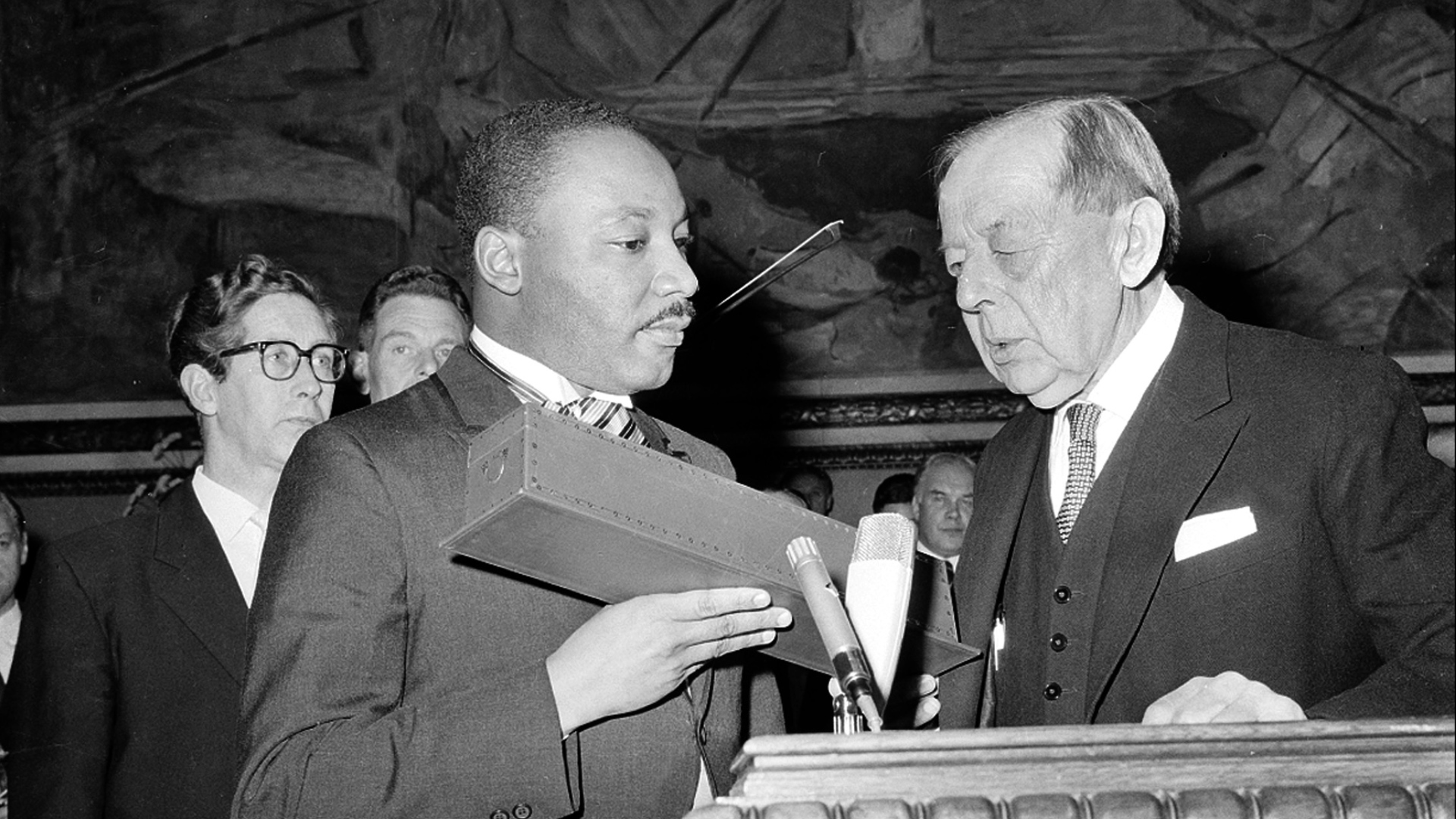 | 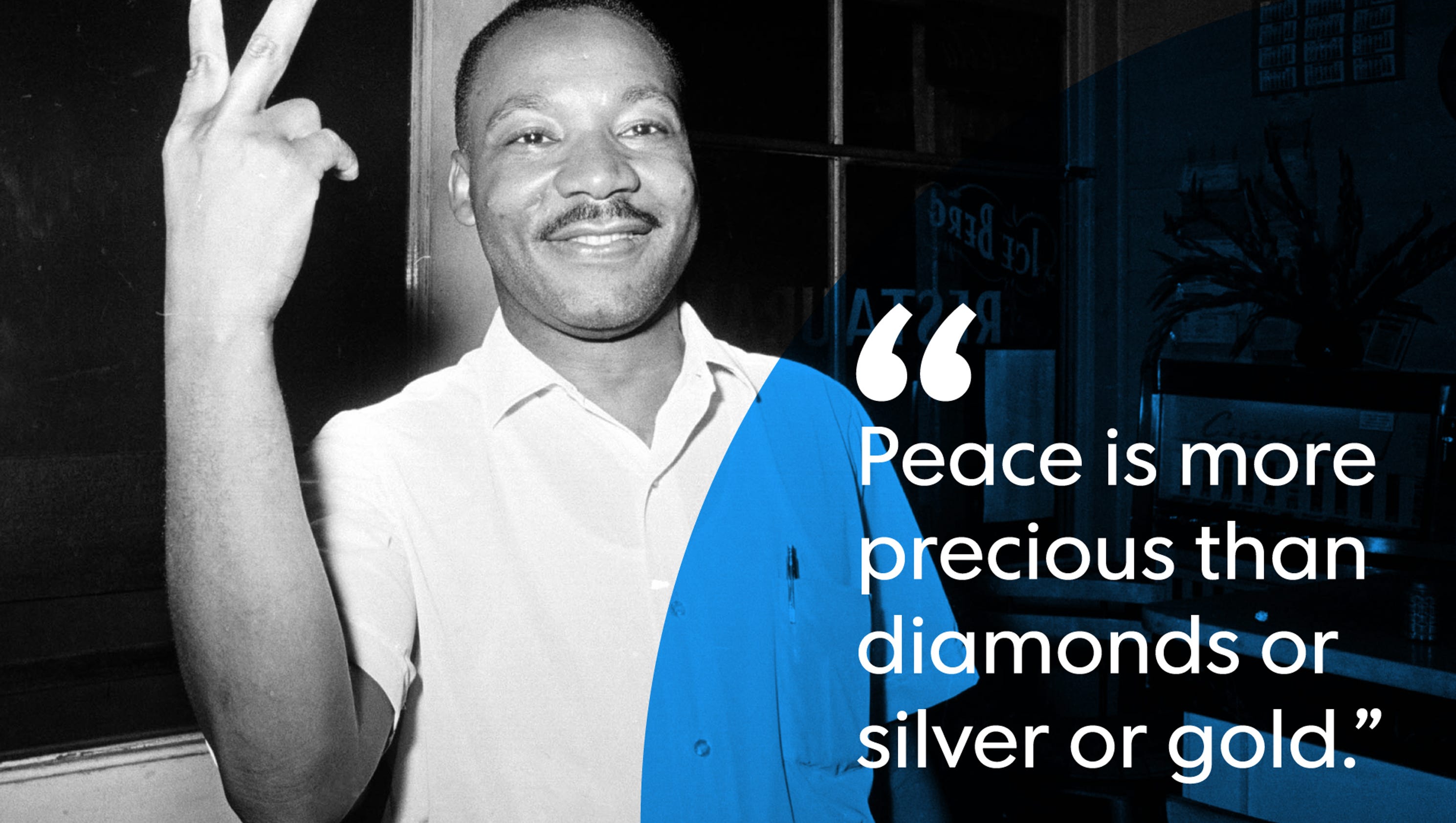 |
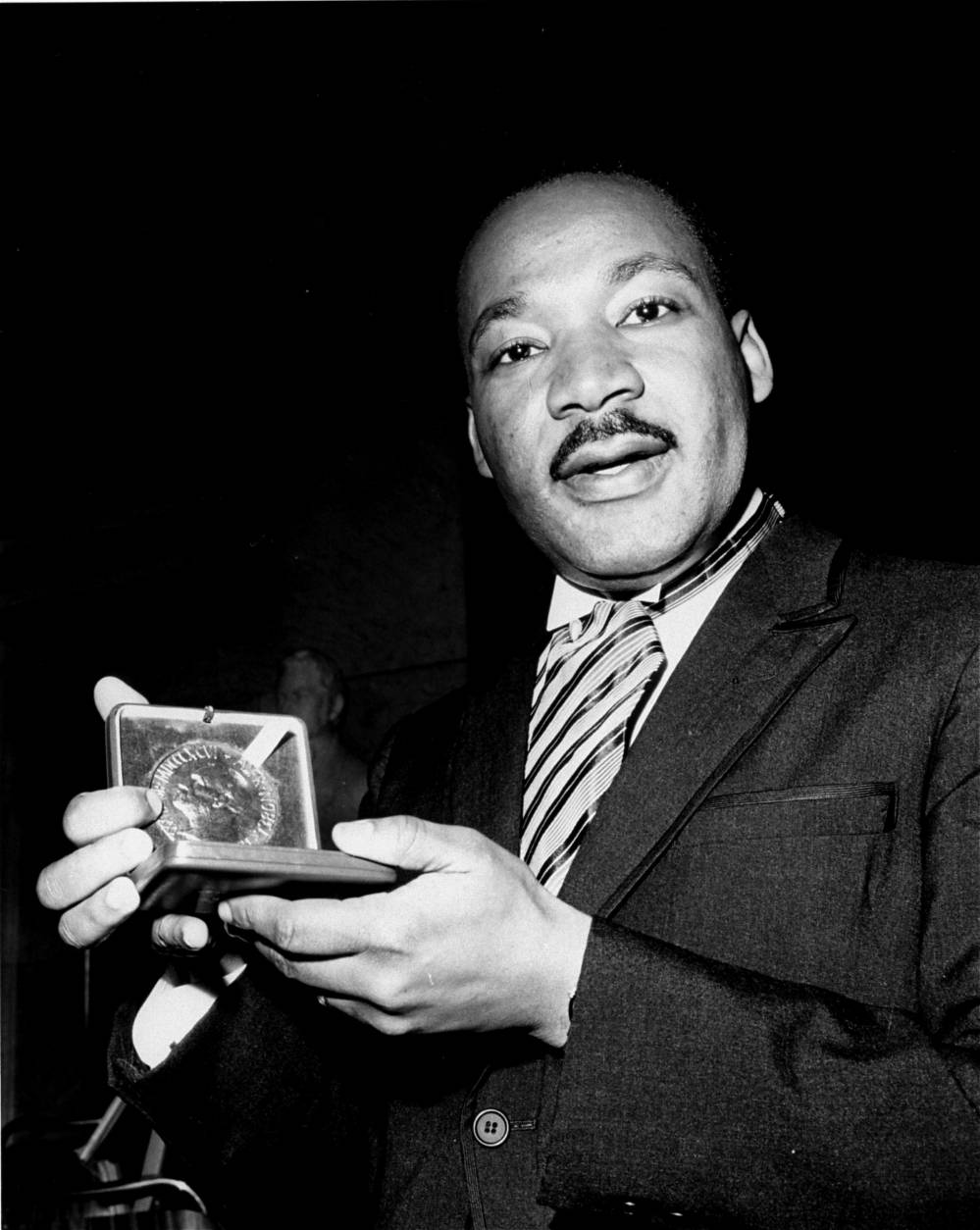 | 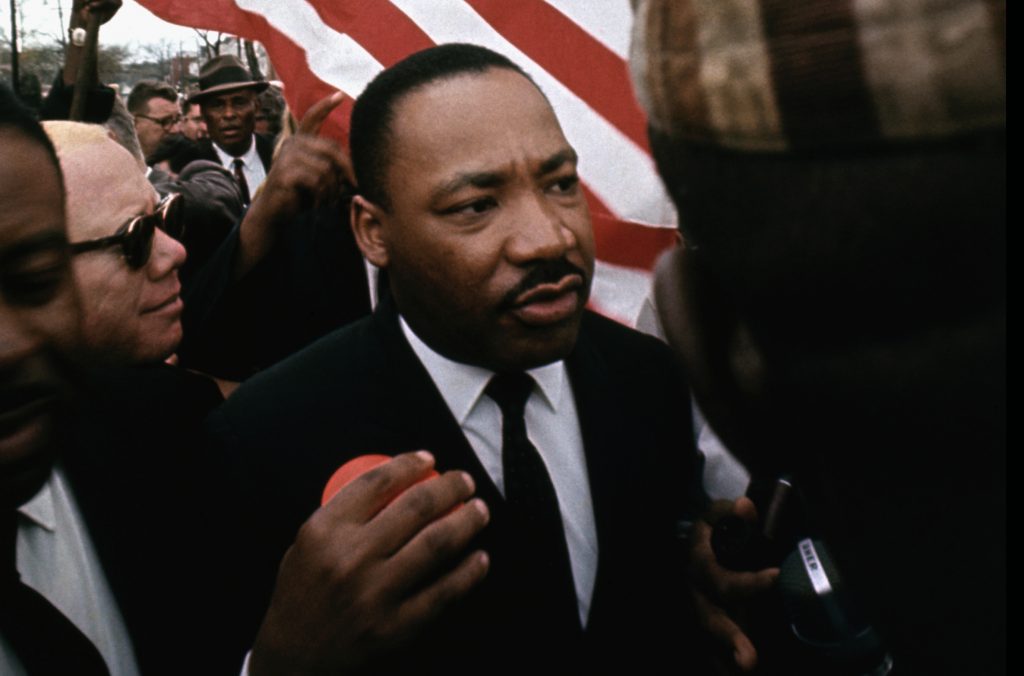 |
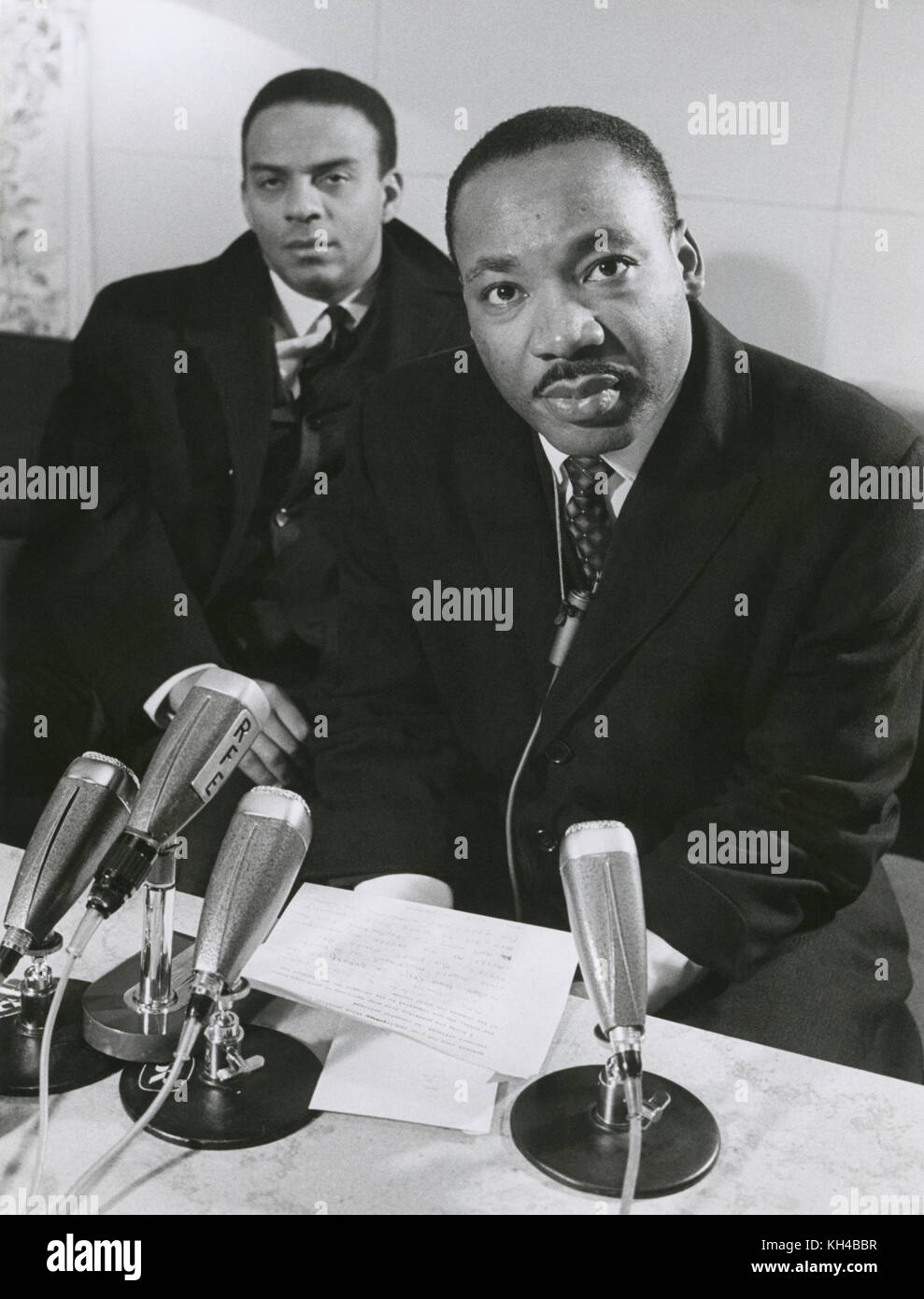 | 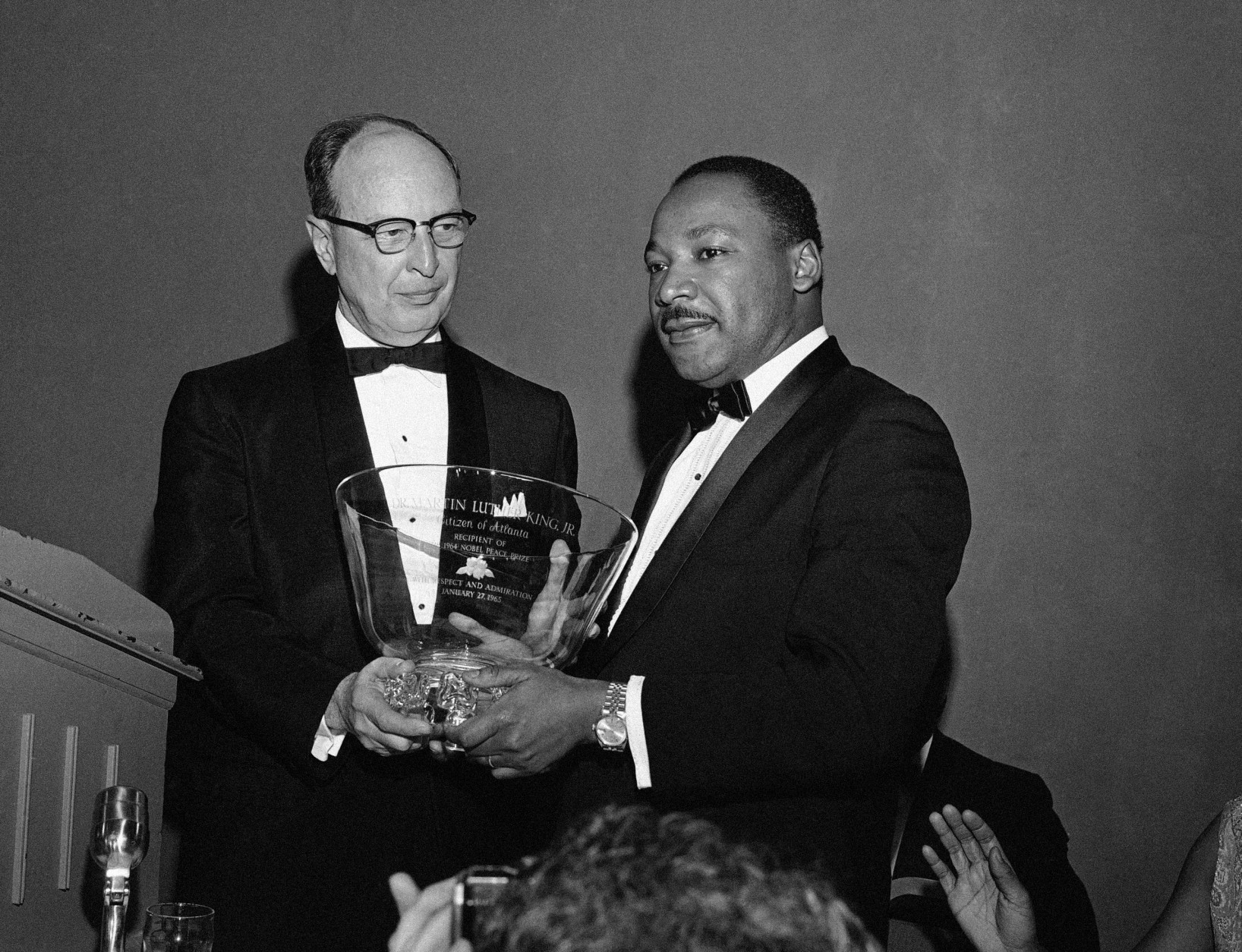 |
 | |
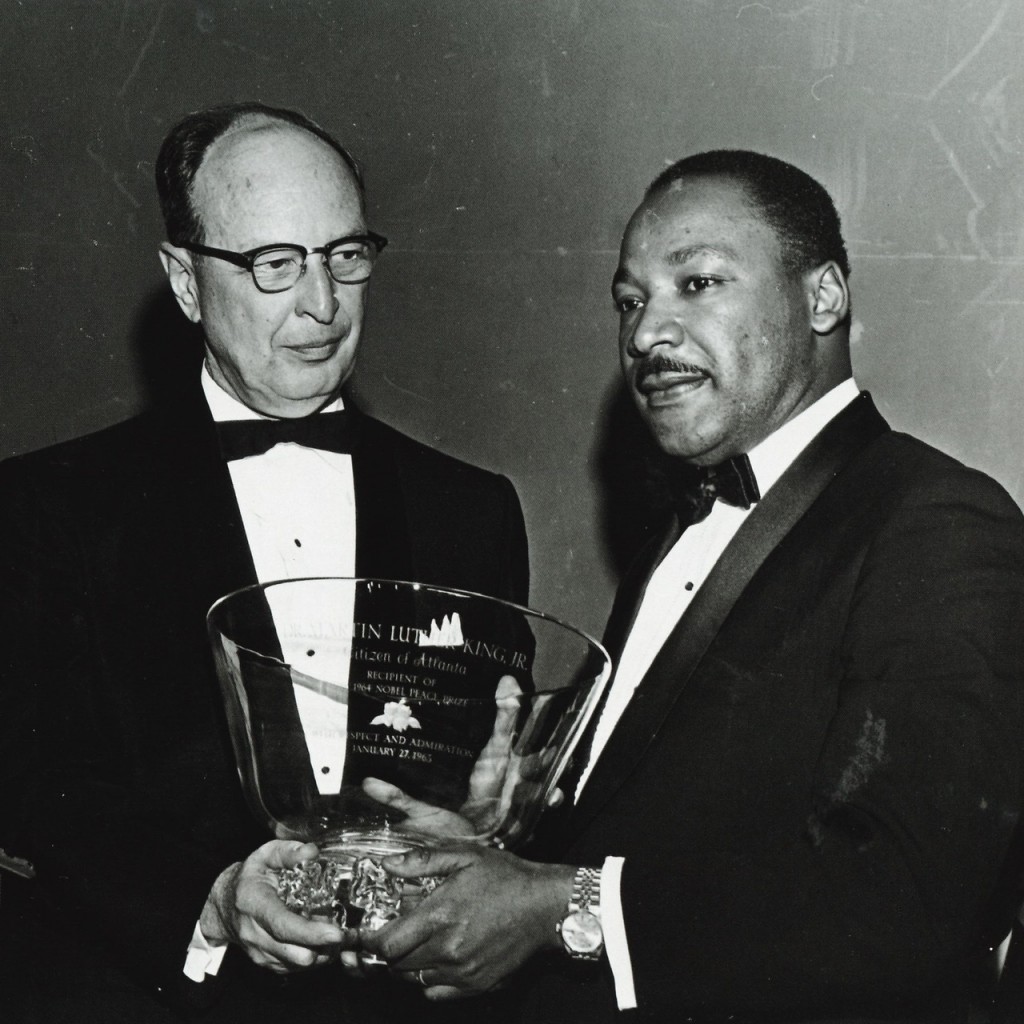 |  |
Learn about the life and achievements of Martin Luther King Jr., who received the Nobel Peace Prize for his nonviolent campaign against racism in the US. Find out how he was inspired by Gandhi, how he gave his famous "I have a dream" speech, and how he was assassinated in 1968. Learn how Martin Luther King, Jr. received the Nobel Peace Prize in 1964 for his nonviolent struggle for racial justice and his message of brotherly love. Find out how he shared the prize with civil rights groups and used it as a commission to speak out against the Vietnam War. The 1964 Nobel Peace Prize was awarded to the American Baptist minister and activist Martin Luther King Jr. (1929–1968) "for his non-violent struggle for civil rights for the Afro-American population." [1] [2] He is the twelfth American recipient of the prestigious Peace Prize. [3] Martin Luther King Jr. received the Nobel Peace Prize for his nonviolent campaign against racism in the US. He was inspired by Gandhi's philosophy and gave his famous "I have a dream" speech in 1963. African American civil rights leader Dr. Martin Luther King Jr., is awarded the Nobel Peace Prize for his nonviolent resistance to racial prejudice in America. At 35 years of age, the Georgia-born M artin Luther King, Jr., (January 15, 1929-April 4, 1968) was born Michael Luther King, Jr., but later had his name changed to Martin. His grandfather began the family’s long tenure as pastors of the Ebenezer Baptist Church in Atlanta, serving from 1914 to 1931; his father has served from then until the present, and from 1960 until his death Martin Luther acted as co-pastor. Martin Luther King’s Acceptance Speech, on the occasion of the award of the Nobel Peace Prize in Oslo, 10 December 1964. Your Majesty, Your Royal Highness, Mr. President, Excellencies, Ladies and Gentlemen: A Knock at Midnight : Inspiration from the Great Sermons of Reverend Martin Luther King, Jr. The Day Martin Luther King Jr. Was Shot : A Photo History of the Civil Rights Movement by James Haskins (1992) Dear Dr. King : Letters from Today's Children to Dr. Martin Luther King, Jr.by Jan Colbert (Editor), Ann McMillan Harms (Editor), Ernest C Oslo, Norway, Oct. 14--The Nobel Peace prize for 1964 was awarded today to the Rev. Dr. Martin Luther King Jr. The 35-year-old civil rights leader is the youngest winner of the prize that Dr. Alfred Nobel instituted since the first was awarded in 1901. Learn how Dr. Martin Luther King, Jr. received the Nobel Prize for Peace in 1964 for his leadership in the Civil Rights Movement. Find out how he shared the credit with the thousands of people who fought for justice and nonviolence. Nobel Lecture*, December 11, 1964. The quest for peace and justice. It is impossible to begin this lecture without again expressing my deep appreciation to the Nobel Committee of the Norwegian Parliament for bestowing upon me and the civil rights movement in the United States such a great honor. The Nobel Peace Prize 1964 was awarded to Martin Luther King Jr. "for his non-violent struggle for civil rights for the Afro-American population" The Nobel Peace Prize 1964 was awarded to Martin Luther King Jr. "for his non-violent struggle for civil rights for the Afro-American population" To cite this section MLA style: The Nobel Peace Prize 1964. M artin Luther King, Jr., (January 15, 1929-April 4, 1968) was born Michael Luther King, Jr., but later had his name changed to Martin. His grandfather began the family’s long tenure as pastors of the Ebenezer Baptist Church in Atlanta, serving from 1914 to 1931; his father has served from then until the present, and from 1960 until his death Martin Luther acted as co-pastor. Nobel Prize Acceptance Speech. December 10, 1964 Oslo, Norway I accept the Nobel Prize for Peace at a moment when twenty-two million Negroes of the United States of America are engaged in a creative battle to end the long night of racial injustice. The Nobel Peace Prize 1964 was awarded to Martin Luther King Jr. "for his non-violent struggle for civil rights for the Afro-American population" On December 10, 1964, Dr. Martin Luther King Jr. was awarded the Nobel Peace Prize in Oslo, Norway. He was recognized for his dedicated and peaceful work for civil rights and fairness in society. At just 35 years old, King's achievement not only celebrated his own efforts to create equal rights for all but also In accepting the 1964 Nobel Peace Prize, I asked why such an honor had been awarded to a movement which remained beleaguered and committed to unrelenting struggle; to a movement which was surging forward with majestic scorn for risk and danger; to a movement which had not won the very peace and brotherhood which were the essence of Count Alfred The Nobel Peace Prize 1964 was awarded to Martin Luther King Jr. "for his non-violent struggle for civil rights for the Afro-American population" M artin Luther King, Jr., (January 15, 1929-April 4, 1968) was born Michael Luther King, Jr., but later had his name changed to Martin. His grandfather began the family’s long tenure as pastors of the Ebenezer Baptist Church in Atlanta, serving from 1914 to 1931; his father has served from then until the present, and from 1960 until his death Martin Luther acted as co-pastor.
Articles and news, personal stories, interviews with experts.
Photos from events, contest for the best costume, videos from master classes.
 |  |
 |  |
 |  |
 |  |
 | |
 |  |